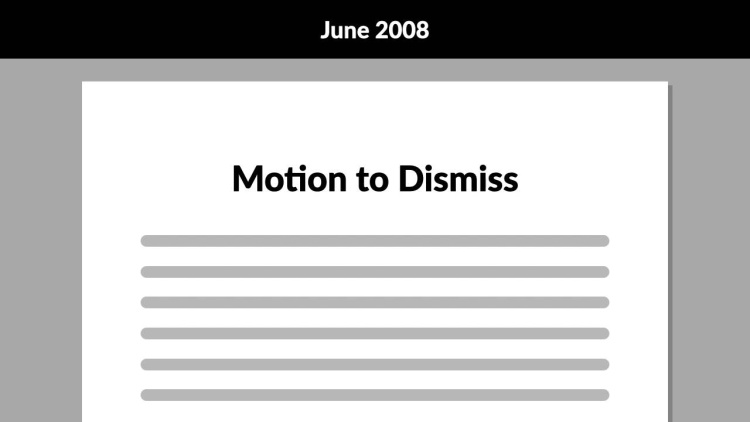Hunter v. Serv-Tech, Inc.
United States District Court for the Eastern District of Louisiana
2009 WL 2858089 (2009)
- Written by DeAnna Swearingen, LLM
Facts
Hunter (plaintiff) filed suit in the United States District Court for the Eastern District of Louisiana against Offshore and others (defendants). Hunter served process on Offshore, and Offshore filed a motion to dismiss for defective service. The motion contained an “express reservation” of Offshore’s right to challenge personal jurisdiction, but did not raise an objection. Hunter amended his complaint on July 10, 2008. In its answer on September 11, 2008, Offshore objected to personal jurisdiction as an affirmative defense. Offshore’s initial motion to dismiss was denied, because Offshore admitted that Hunter had properly served process. Offshore then filed a second motion to dismiss, arguing that Offshore did not have sufficient contacts with the jurisdiction to justify the court’s personal jurisdiction. Hunter asserted that Offshore had waived any objection to personal jurisdiction by failing to include it in the original motion to dismiss. Offshore claimed that it did not waive the objection, because of its “express reservation” in the original motion. Offshore further argued that this reservation put all other parties on notice of its personal jurisdiction claim.
Rule of Law
Issue
Holding and Reasoning (Engelhart, J.)
What to do next…
Here's why 908,000 law students have relied on our case briefs:
- Written by law professors and practitioners, not other law students. 47,100 briefs, keyed to 996 casebooks. Top-notch customer support.
- The right amount of information, includes the facts, issues, rule of law, holding and reasoning, and any concurrences and dissents.
- Access in your classes, works on your mobile and tablet. Massive library of related video lessons and high quality multiple-choice questions.
- Easy to use, uniform format for every case brief. Written in plain English, not in legalese. Our briefs summarize and simplify; they don’t just repeat the court’s language.







